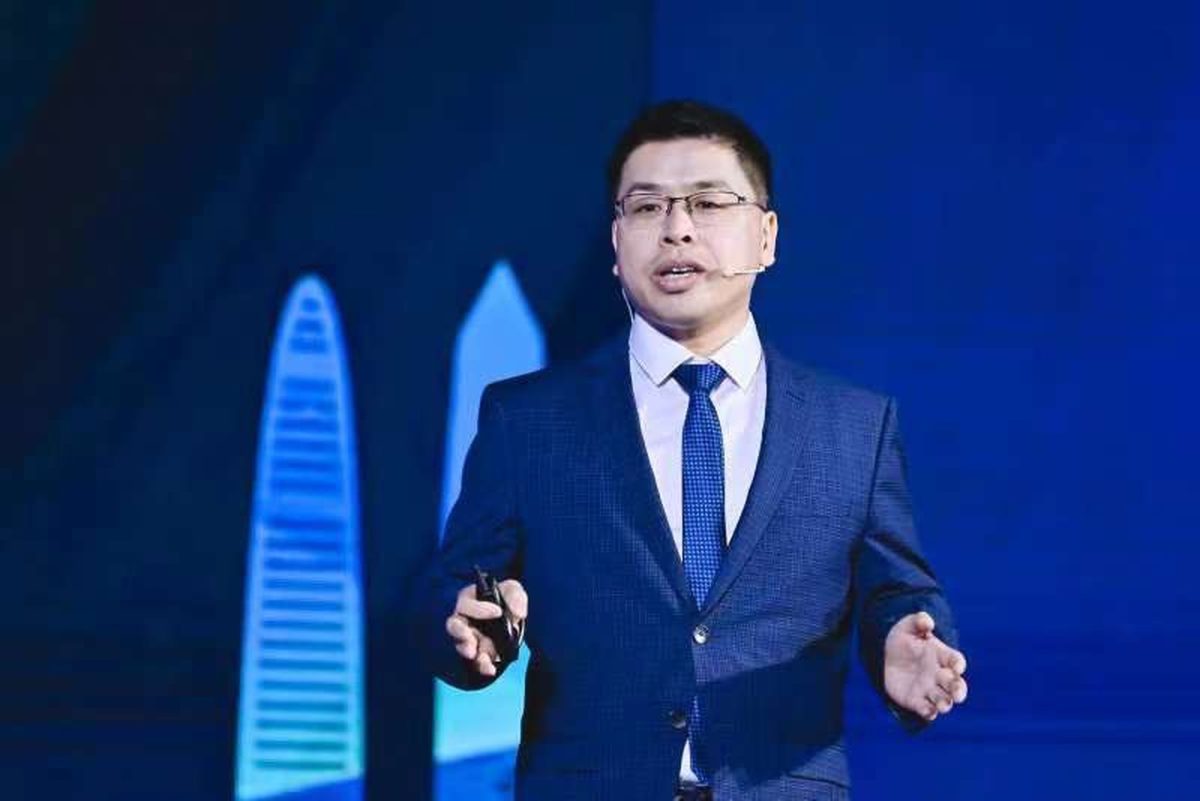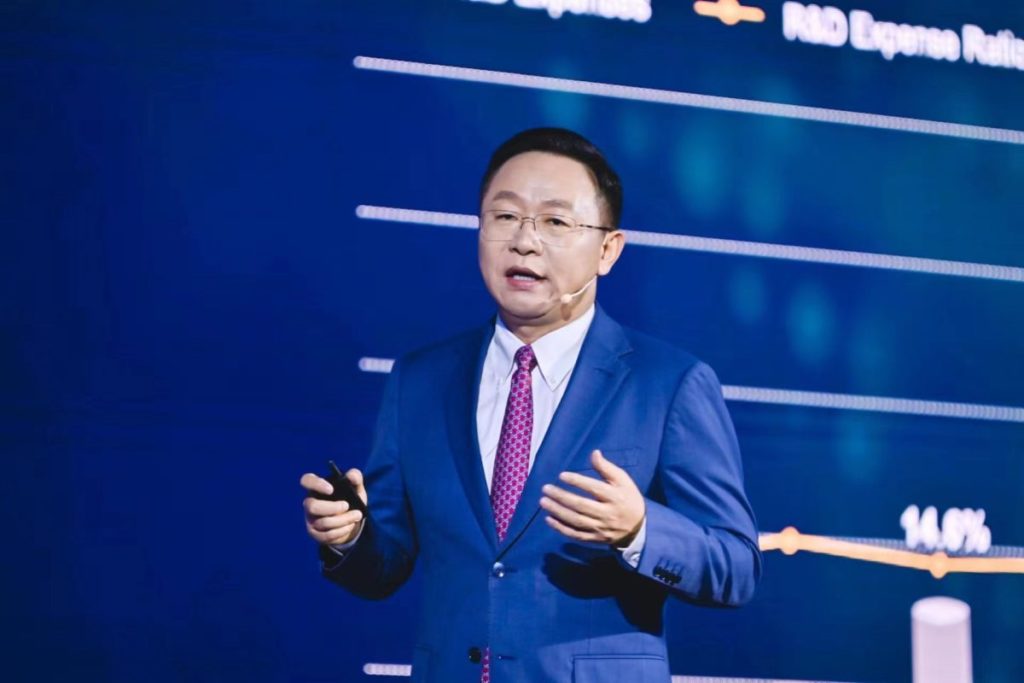Huawei kicked off its Asia Pacific Partners Conference 2023 in Shenzhen this week, bringing together over 1,200 of its partners from over 10 countries and regions to collectively explore new ways to seek growth and collectively succeed in the current digital era. In addition, Huawei also hosted their APAC partner alliance launch ceremony during the event.
Asia Pacific has long been an engine of global economic growth. As one of the most active regions in the global digital economy, Asia Pacific has long been a leader in digitalization and innovation initiatives. Huawei has more than 7,900 enterprise partners and over 2,000 cloud partners across Asia Pacific and is seeking to cultivate an even stronger partner ecosystem in the region. To this end, Huawei has committed to increasing its investments in partnerships and incentives with the aim of creating greater value for customers, further promoting the region’s digital economy development, and unleashing digital productivity.
At the ceremony, Huawei launched six new partner alliances for the Asia-Pacific region covering multiple sectors, including with the government; finance; electric power; and road, waterway, and port industries; as well as with independent software vendors (ISV) and data center facility solution sectors. Over 70 partners from across Asia Pacific attended the ceremony and pledged to continue cooperating and innovating within their domains. The goal of the partnerships is to join hands to develop greater capabilities and seize opportunities for industrial digital transformation in the Asia-Pacific market.
David Wang, Huawei Executive Director of the Board, Chairman of the ICT Infrastructure Managing Board, and President of the Enterprise BG, opened the event, saying: “Digital and intelligent transformation is creating waves that will sweep across the globe. Together, they will create a market space exceeding one trillion US dollars. Huawei wants to work with partners to seize these huge opportunities. For the Asia-Pacific market, we have designed unique partner development strategies for three major markets, namely the named account (NA) market, commercial market, and distribution business. This helps address their unique needs in a more targeted fashion. Both Huawei and our partners are dedicated to helping NAs go digital, accelerating the digitalization of SMEs, and exploring the blue ocean of the distribution business. During this process, we go all out to help each other succeed. We believe that Huawei can only succeed when our partners succeed. So, let’s work together to seize these opportunities and achieve shared growth.”
Nicholas Ma, President of Huawei APAC Enterprise Business Group, also spoke at this event, delivering the company’s five-year forecast for the Asia-Pacific region. Huawei expects to see its business in the region grow rapidly over the coming years, with partners contributing 95% of the company’s revenue. These partners are also expected to take home 800 million US dollars a year just by selling Huawei products and services. Nicholas further stated that Huawei is also committed to helping their partners provide more valuable services to customers and achieve greater business returns.
In 2023, Huawei will put partnership improvement as its priority and reinforce their Partner Policy of “Profitability, Integrity, Transparency, and Sustainability” in Thailand, supporting partners to overcome challenges in digital transformation and identify future-oriented bridges and pathways towards a win-win future.
Huawei will firmly focus their resources on the top three concerns shared by partners, namely policy transparency, systematic project registration processes, and competency-based training and knowledge transfer.
Firstly, transparency is the basis for building trust and a win-win relationship between Huawei and its partners. In line with this, Huawei will release all partner-related policies on their newly published partner policy website for easy and transparent check-ups.
Secondly, systematic management is key to long-term development and operation optimization. Towards this end, Huawei has optimized their project registration system to protect the benefits of partners in a more systematic way.
Thirdly, effective knowledge transfer has been identified as the major driver for sustainable growth and mutual capacity-building. By leveraging Huawei’s global experiences and helping partners master industry know-how, Huawei is confident in supporting a knowledge ecosystem that can be replicated in business innovation and industrial digitalization. Therefore, Huawei will double its budget on partner training and will give more incentives to those partners who get more engineers certified. Huawei has also appealed to its partners to put faith in them and invest more in building competency and skills on Huawei’s platforms.
Driven by the long-standing mission of “Grow in Thailand, Contribute to Thailand”, Huawei will continuously work with partners to create a win-win partnership environment and empower Thailand to become the future ASEAN digital hub.
Source: Carl Byoir & Associates

